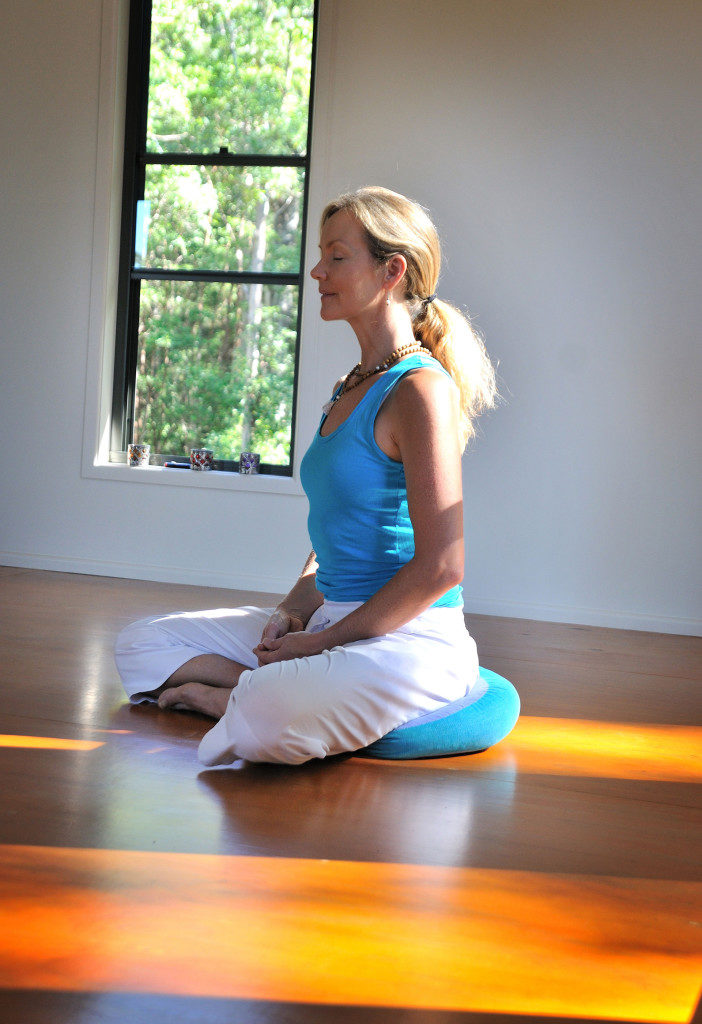Frequently Asked Questions for Yoga and Meditation
No, you do not, yoga is a wonderful way in which to improve flexibility, and also helps to build strength.
I would suggest beginning with a gentle class. One that moves slowly so you can become familiar with the postures and your breath throughout your practice.
A daily practice is a goal to set yourself, even for 5 mins as you roll out of bed.
Starting in a class is a great way to get familiar with the postures, as your confidence grows, there is the potential for your home practice to evolve also. A class daily or once a week, remember consistency is the key.
Yoga does not conflict with religion. Yoga is a mind and body practice. Yoga typically combines physical postures, breathing exercises, meditation and focusing practices of mindfulness and relaxation.
There is a clarity that is felt once one commences on their yoga and meditation journey. For some there is a felt sense of something much larger than self, this is a gradual unfolding. Individual as it should be for each of us, “The process is the outcome”.
Yes, always let the teacher know before you begin a practice what your restrictions are. Best to check in with your G.P or physiotherapist before beginning. I often work with physio’s and G. P’s in that I check in to see what they recommend you should and shouldn’t do before beginning. That way we can modify the practice to suit you, the individual.
Yes of course. Taking into consideration it shall be a slightly more intense experience due to spending more time doing yoga and meditation. I would suggest checking out the intensity of the programme, chat to the facilitator to get a feel for what to expect. Having some sort of awareness around yoga and meditation would be helpful before a retreat.
Asking family and friends can be most helpful. Check to see that your teacher has had the correct amount of training and is registered with a reputable organization. Word of mouth is often the best way to find a good teacher. A good teacher will deliver clear instructions, making sure you are safe, and gently assisting in modifying each posture for the individual student if so required. They should also make you feel welcome and comfortable.
Yes, you can practice yoga if you are overweight, the teacher can always modify postures if needed.
It is best to eat at least 2 hours before a yoga class. If you eat close to practicing, you may become nauseous. A small snack before class if you really need it is usually fine. Observe your body to learn how much time you need to digest your food before practice.
Yes, so normal. Finding an experienced meditation teacher can help to show you ways in which to be less engaged with your thoughts.
Yes. Finding an easeful seat is most important in helping maintain a regular daily meditation practice. That may be on a cushion sitting on the floor, sitting on a chair, a meditation stool, or if you are convalescing a reclining pose may be useful. An experienced teacher can assist you in regard to this.
Any amount of formal meditation practice has value. It is the consistency that is so important. So, if you begin with 5 mins daily, wonderful, but do it daily. You may then find the time you spend in your daily practice increases. Remember to acknowledge where you are starting from, look at the amount of time that you could manage in your daily routine.
Mindfulness- paying attention in a particular way, on purpose, in the present moment and non- judgementally. Includes, thoughts, feelings emotions, your breath, tuning in not out. You can practice this in a formal way, and informal.
What the East has known for many years, is yes it does. We in the West are catching up in regard to the science behind the mind body connection, and how potently helpful it is in regard to overall quality of life and healing.
